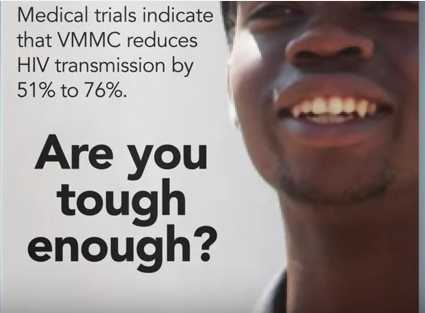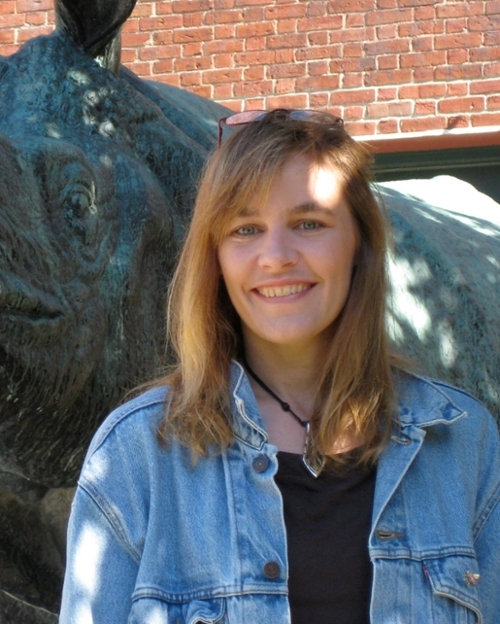
IRIS login | Reed College home Volume 96, No. 2: June 2017
Tags
"research"
The Economics of the Big Cut
It’s quick, it’s painless, it’s free, and it cuts HIV infection in men by up to 60%.
Voluntary medical male circumcision (VMMC) is a powerful tool for combating HIV in areas with high prevalence rates of the virus, according to the World Health Organization.
Nonetheless, men aren’t typically pounding down the door to get the operation. So government agencies, health workers, and NGOs in South Africa are trying to find ways to encourage more men to undergo the procedure.
Continue reading The Economics of the Big Cut
Field Trip to the Future of the Brain

Reed students infiltrate NeuroFutures 2015. From left: Jason Swinderman ’15, Rose Driscoll ’17, lab associate Greta Glover (kneeling), Mical Yohannes ’17, and James Fisher-Smith ’17. Suzy Renn
Reed biology research students took a field trip to the future this summer at the 2nd annual NeuroFutures conference sponsored by the Oregon Health & Science University Brain Institute in Portland last week.
Scientists at top institutions from around the nation presented their cutting-edge research on new technologies in brain imaging, brain mapping, and brain implants used to treat disease. One scientist presented her recent work on how to turn a gene that senses heat from a chili pepper into a remote-controlled brain “stimulation electrode.” She also talked about her work in engineering a device that could manipulate brain cells by shining a blue light down a microscopic tube implanted in a patient’s spine.
Other talks dealt with the massive effort to map the circuitry of the brain, and how the development of new automation techniques has drastically improved the rate of progress on this complex project. The presentations riveted the Reed students who attended, took notes, and asked questions.
Continue reading Field Trip to the Future of the Brain
Reed Profs Win $2.2M in Grants, Set 10-Year Record
Professors at Reed won a total of $2,251,849 in research grants in fiscal year 2014-15, the highest figure in at least a decade (and possibly longer).
The eleven professors are pursuing a remarkable range of projects from the venom of parasitic wasps, to the compounds of bismuth, to the Moroccan diaspora.
Prof. Suzy Renn [biology 2006-] won a $618,000 grant from the National Science Foundation to investigate a striking example of maternal behavior—voluntary starvation among African cichlid fish. Her research could shed light on the evolution of maternal instincts and deepen our understanding of metabolic and feeding disorders.
Continue reading Reed Profs Win $2.2M in Grants, Set 10-Year Record



